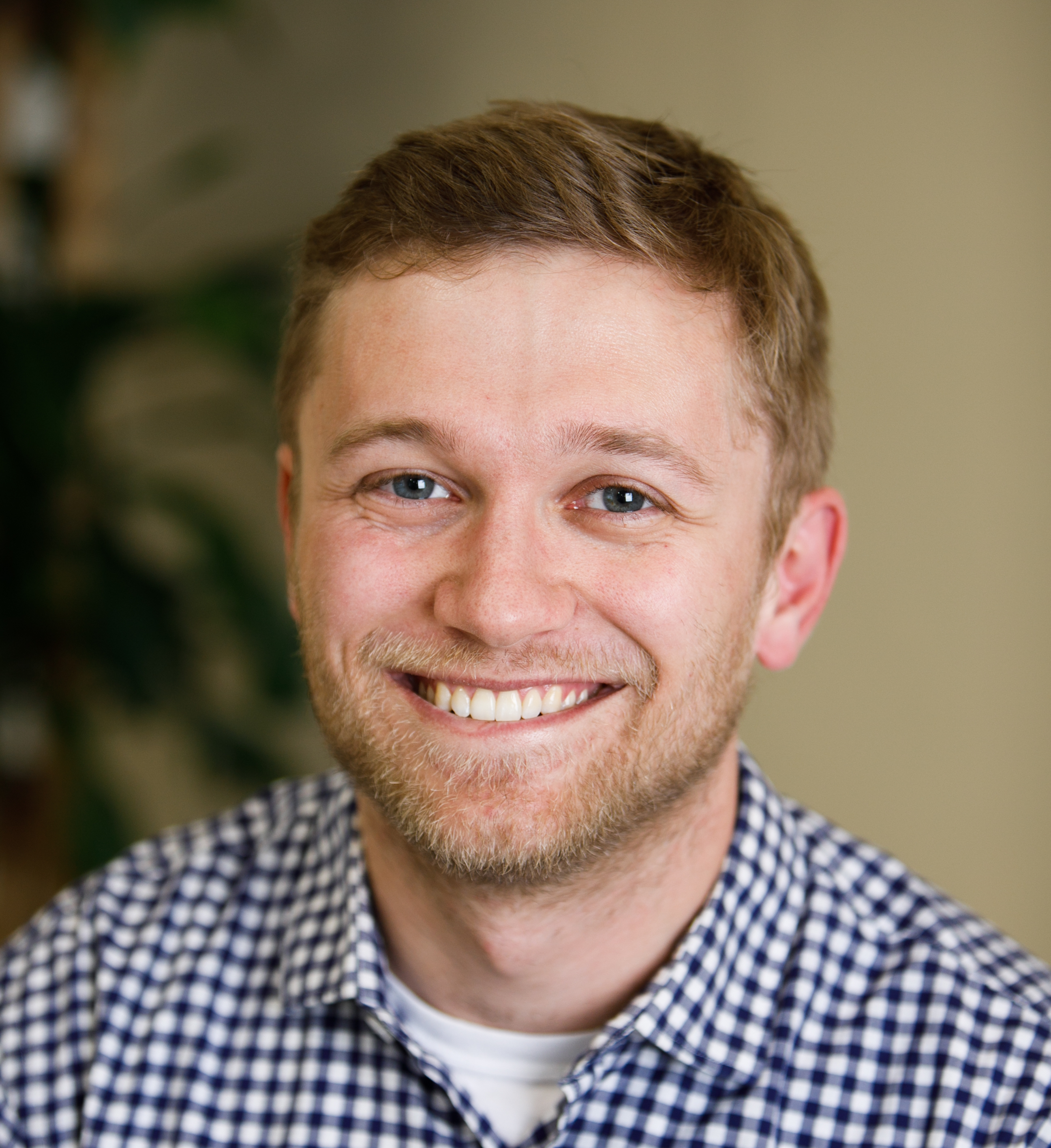Caleb Agnew graduated with a PhD in English from University of Virginia’s Graduate School of Arts & Sciences in December 2019. In his dissertation "A Form that is Many Forms: The Stanza in Postwar Anglophone Poetry," Caleb proposed a new model for analyzing stanzaic forms based on the apparent dissolution of traditional formal poetics after literary modernism. By disaggregating the component structures of traditional stanzaic forms, he argued that we can better understand the various formal techniques that come to dominate mainstream Anglophone verse in the postwar era, which he explored through the poetries of W. H. Auden, Derek Walcott, and Jorie Graham.
Caleb currently works as a Human Capital consultant at Deloitte in Arlington, VA.
Q. What future career/s did you envision when you began Graduate school at UVA?
A. I began my graduate program entirely focused on pursuing an academic career, but it became apparent in my later years that such a career path was increasingly unlikely for myself as well as the majority of my peers, given the current reality of faculty employment. Therefore, I turned toward consulting, which had briefly attracted my interest as an undergraduate before I committed to the Ph.D.
Q. How did you explore your interest in this career path?
A. I attended a meeting of UVA’s Graduate Consulting Club where we heard from three UVA PhD alums who worked as consultants at Boston Consulting Group (BCG), and after that meeting, I decided to begin networking and studying to understand the industry. Once I finished a draft of my final chapter of the dissertation, I made learning everything I could about consulting my full-time job for about 2-3 months. I reconnected with friends from undergrad who spent time in the industry, and connected with their colleagues, and tried to absorb as much knowledge as I could from everybody I spoke with.
Q. What are some valuable transferable skills and experiences for PhDs to transition into this career?
A. Following skills PhDs develop during training are applicable and desirable for consulting work:
- Analytical skills
- Presentation skills often developed in Teaching
- Project Management skills developed through research, analysis, and composition
Ph.D. students should invest time in framing their academic experiences through the lens of these skills.
Q. What are some opportunities that enable developing these skills?
I think Ph.D. students, especially those in Humanities fields, should think carefully about how they use their summers, and try hard to invest in experiential learning to obtain some business or nonprofit work experience alongside their dissertation projects, to allay concerns that potential employers may have about whether they are ready for the corporate world.
Q. What advice would you give PhD students and postdocs interested in learning about or pursuing a Consulting career?
I would advise to connect and re-connect with a wider network of peers (such as your undergraduate network) and professionals - our graduate networks are inherently limited by the narrow scope of our intended profession, and so you need to cold call some folks you may not have spoken with in a few years. But that's okay! Almost everybody I've ever met is willing to talk about what they do and help connect you to others who do the same! That said, the number of PhDs in Consulting is increasing, and you should definitely schedule informational interviews to learn from their experience.
Q. Based on your job search, application and interview experience, what will you advise PhD students?
A. My experience was unique: after reaching out to a former colleague, I learned that Deloitte had a quickly approaching resume deadline and recruiters coming to campus within the next week, so I went to their events, spoke with all the recruiting team, and submitted my resume well in advance of the traditional consulting application cycle. I was accepted for interviews, and did four virtual interviews (two case interviews, two behavioral) two weeks later, which was a really enjoyable experience. I wouldn't change anything about what I did - I utilized some resources at the Career Center, where Cathryn Davis and Andrew Savage were immensely helpful in preparing me with resume and interview advice. My advice to PhDs is to definitely take advantage of their mock interview offerings and outline your answers to the questions you know you'll be asked ahead of time.

